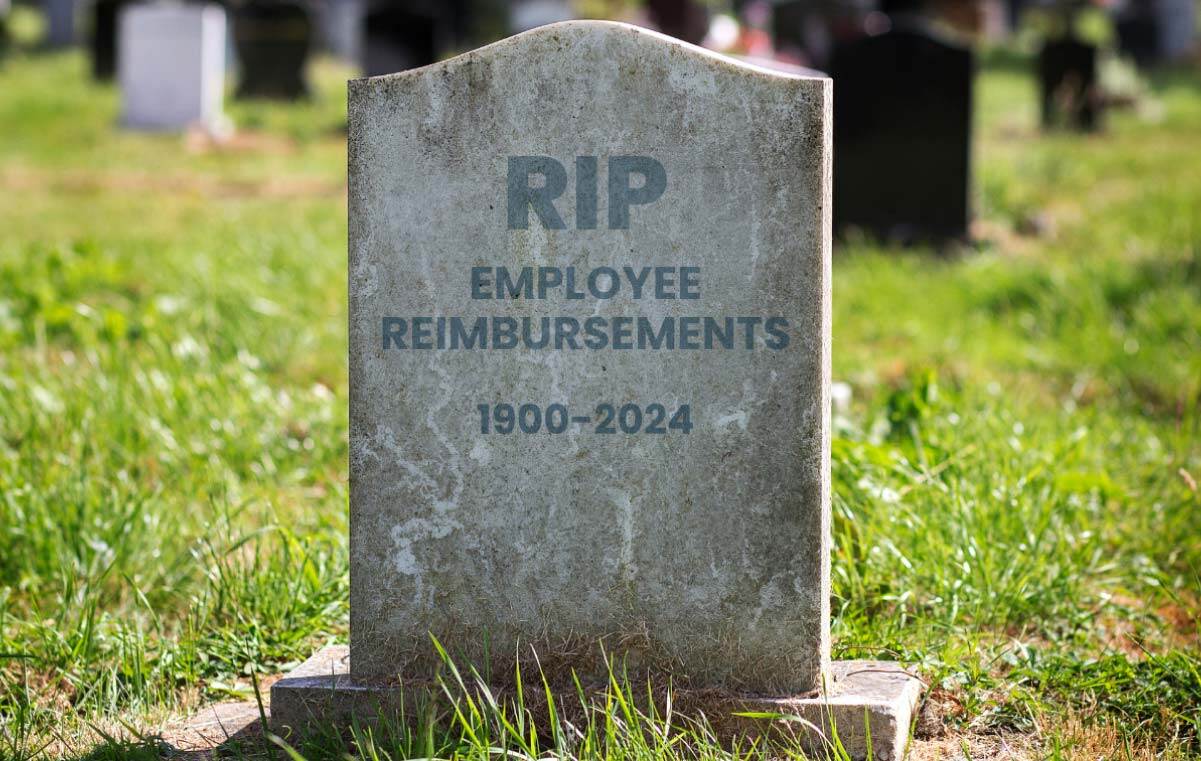The manual reimbursement process is becoming increasingly outdated and inefficient. In fact, we’d argue that it’s no longer needed at all. Here's why.

The manual reimbursement process is becoming increasingly outdated and inefficient. In fact, we’d argue that it’s no longer needed at all. Here's why.
